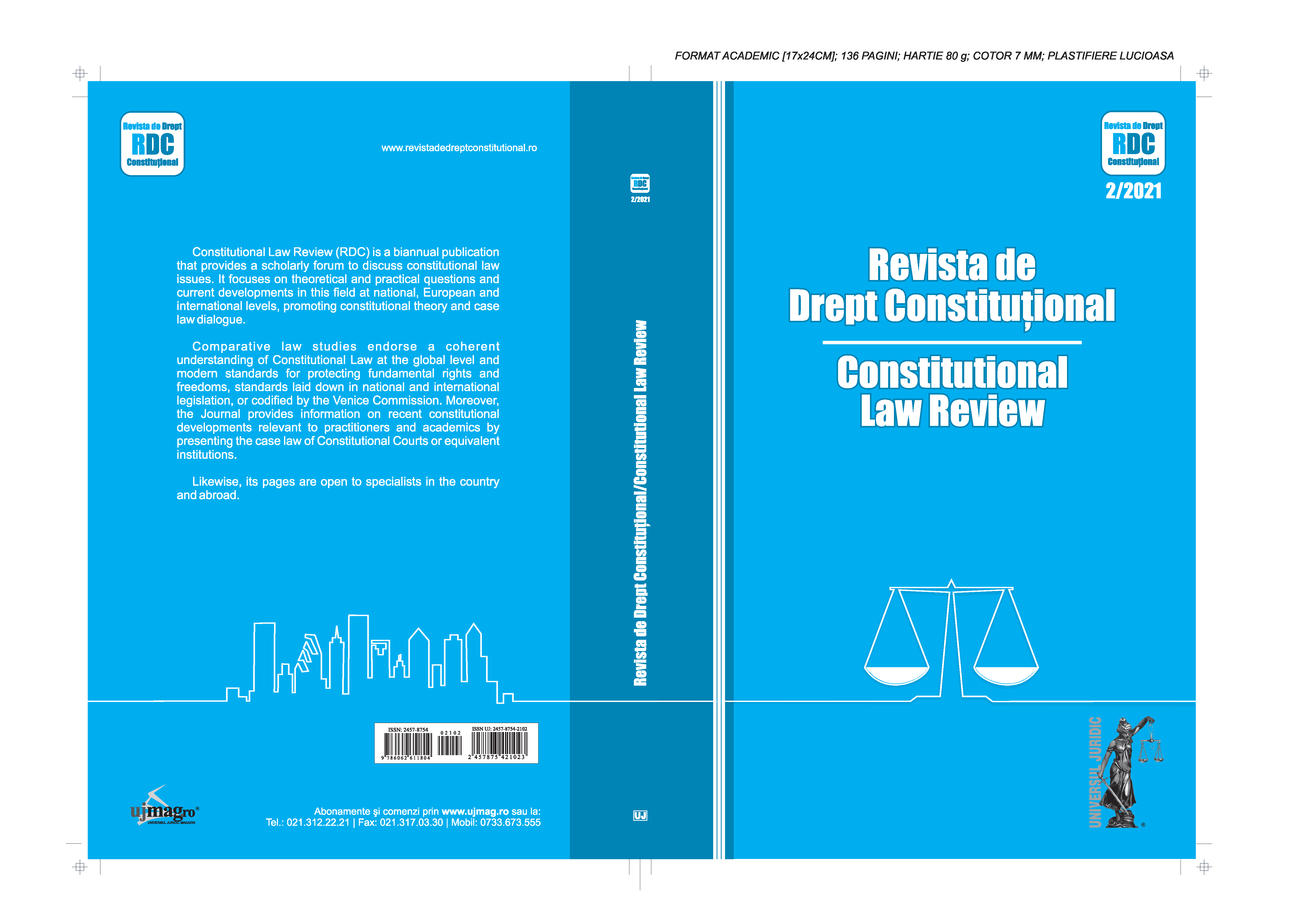A comparative study of separation of powers – an aspect of constitutionalism
A comparative study of separation of powers – an aspect of constitutionalism
Author(s): Vijaylaxmi Sharma, Prabhpreet SinghSubject(s): Law, Constitution, Jurisprudence, Civil Law, Comparative Law
Published by: Universul Juridic
Keywords: Separation of Powers; Rule of Law; Constitutionalism; Legislature; Executive; Judiciary; Judicial Review;
Summary/Abstract: According to the principle of separation of powers, there shall be division of power into legislative, executive and judicial branches, in order to protect political freedom. The power of these three bodies shall be restricted to their own specific boundaries and thus, no overlap is allowed. The onset of the 21st century has witnessed the problem of draconian legislations in most of the nations. Lots of questions are asked by citizens of such nations regarding the right to equality, freedom of speech and expression and the right to dissent. The interference of judiciary has become the essence of time to protect individual liberty and ensure the rule of law. Constitutionalism is one such principle which protects constitutional values by restricting the power of the state. The power of legislature is limited by the judiciary, which tests the validity of laws on touchstone of constitution. In some circumstances, the judiciary also breaches the compartment of separation of powers and lays down guidelines in form of laws which originally is the function of the legislature. This paper discusses such circumstances where it has become vital for the judiciary to keep a balance between the separation of powers and the principle of checks and balances. Also, such practices ensure constitutionalism in the nations.
Journal: Revista de Drept Constituțional
- Issue Year: 2021
- Issue No: 02
- Page Range: 11-28
- Page Count: 20
- Language: English
- Content File-PDF

